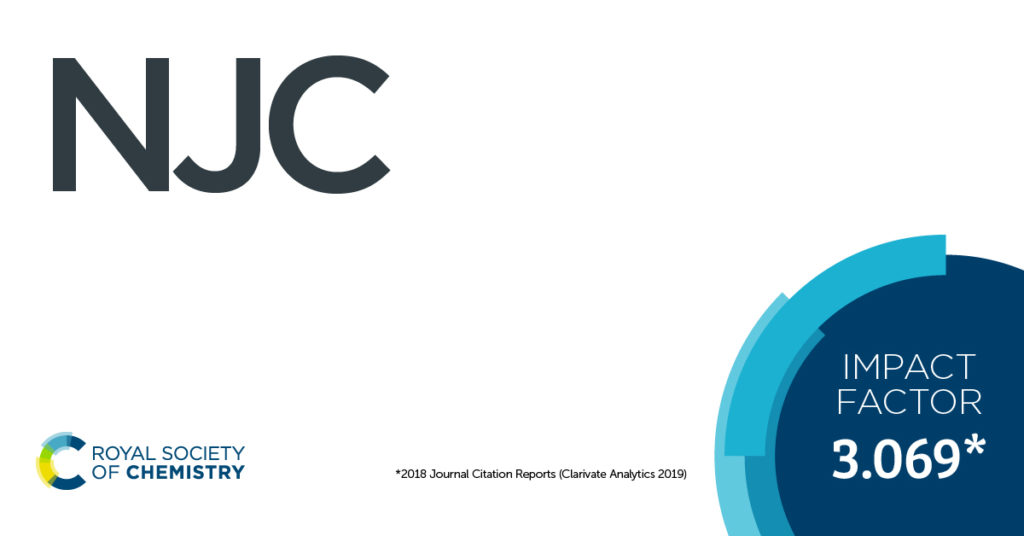We would like to highlight the Outstanding Reviewers for New Journal of Chemistry in 2019, as selected by the editorial team, for their significant contribution to the journal. The reviewers have been chosen based on the number, timeliness and quality of the reports completed over the last 12 months.
We would like to say a big thank you to those individuals listed here as well as to all of the reviewers that have supported the journal. Each Outstanding Reviewer will receive a certificate to give recognition for their significant contribution.
Professor Lingxin Chen, Chinese Academy of Sciences, ORCID: 0000-0002-3764-3515
Dr Parthasarathi Das, IIT (ISM) Dhanbad, ORCID: 0000-0002-9306-4956
Professor Antonio Frontera, Universitat de les Illes Balears, ORCID: 0000-0001-7840-2139
Dr Dinorah Gambino, Universidad de la Republica de Uruguay, ORCID: 0000-0001-8678-7374
Dr K. V. Hemalatha, Coimbatore Institute of Technology
Dr Min Hyung Lee, University of Ulsan, ORCID: 0000-0003-2977-183X
Dr Brenno Neto, University of Brasilia, ORCID: 0000-0003-3783-9283
Dr Moses Solomon, Duzce University, ORCID: 0000-0002-3251-8846
Professor Xingguang Su, Jilin University, ORCID: 0000-0002-9231-0334
Professor Takehiko Yamato, Saga University, ORCID: 0000-0002-8812-2242
Dr John Zevenbergen, TNO (Netherlands Organisation for Applied Scientific Research)
Professor Youyu Zhang, Hunan Normal University, ORCID: 0000-0002-7502-6817
We would also like to thank the New Journal of Chemistry board and the chemistry community for their continued support of the journal, as authors, reviewers and readers.
If you would like to become a reviewer for our journal, just email us with details of your research interests and an up-to-date CV or résumé. You can find more details in our author and reviewer resource centre
Comments Off on Outstanding Reviewers for New Journal of Chemistry in 2019












